Decentralised Social Media
How it could be a template for data
Mastodon and the pushback on centralised social media. Could decentralised social media be a template for data?
Decentralisation
At a recent get together, we talked about the rise of mastodon and the pushback on centralised social media. This led to a conversation about the similarities in centralised social media and centralised data management (it was one of those sorts of evening). Should we be wary of central ownership of our personal and business information?
The Status quo for a number of years has been to use and leverage centralised services.
Over the past 10 years, we have become more trusting of single all-knowing providers and maybe have become blinkered to the alternatives that exist. 30 years ago Web1.0 was a bunch of technically literate content providers using the public IPs on their servers in universities and making their home directory available over some CGI scripts. We had a decentralised web.
The transition arguably started with hotmail, and subsequently accelerated with Gmail, and as social media grew, we have been happy to give our information over so long as we receive useful tools in return. We routinely push our data onto central services without thinking about what is going on in the background, or even where our data is stored and used.
People as products
We never questioned why these services were free until it became clear that we had become the product. By collecting our data, behaviours, and interactions, these multinational tech companies were able to build sets of data that could be leveraged for any number of purposes. Sometimes this was benign in the case of more targeted advertising, but more recently we have seen how this can also be used to excerpt undue influence and spread misinformation.
Out of these revelations, alternatives were born to allow us to democratise and decentralise our information and services. Whether that be financially through cryptocurrencies or more recently the encouragement to move our social media to tools like Mastodon. These calls have increased with the takeover of twitter by Elon Musk and decisions by the large cloud companies to end support for tooling (e.g. The recent example from Google IoT core closure shows that it can cause issues if you lose control of your data and services.
What is Mastodon?
Mastodon has some interesting philosophical choices made in how its network is built
Instances are separate so there is no central owner. Users have to choose to associate themselves with an instance, their home server effectively and linked directly to their identity. Users can move instances at will and take their data with them (retaining ownership). There is an overarching ‘fediverse’ to allow instances to communicate and allow users on those instances to communicate. Your home is still your instance and you are expected to have a closer relationship with the others on that server, extra permissions and visibility, but that still doesn’t stop you from reaching into the broader world and interacting and sharing with others.
With people making a choice to move to mastodon, we are also seeing them take more of an interest in what’s behind their tools, how the company behaves and the technology it uses. End users have extra sympathy for the technology and ethos. The rise of cryptocurrencies and blockchain had made people aware of the choice in a decentralised system, the removal of the all-seeing benevolent ruler and the good and the bad of moving away from a central oversight.
Decentralised Data
At IOTICS we looked at what was happening with Mastodon, how it was structured, its ambition, and approach and thought this looks familiar. When companies (rather than people on social media) want to share data we have typically been presented with choices of APIs or some sort of data lake/warehouse/swamp. One party will take ownership of how the interactions are governed and how they play out. Up front that takes time to organise and agreements are made by committee, with all the conflicts and delays that inevitably include. by the time the system is ready to use, some of the parties may have moved on. If new parties come in, they have no say in how they join the existing setup without having to reopen all the old discussions.
At IOTICS, we also share some of the technical philosophy with Mastodon. We want to encourage people and businesses to share data, but we recognise that they need to have control over it. We believe that control of data should be retained by its owner and remain with them; that their data is valuable and therefore shouldn’t be pushed out into the world with no control; the owner has control of what they share and who sees it; ultimately your data, your rules.
By decentralising the system, ownership remains where it should and communication is by consensus with no single owner. Parties can join and leave as they see fit and take their data with them.
Like Mastodon, by offering an alternative in how data is shared we believe trust will evolve. Business will increasingly be comfortable making their data available. The debate isn’t open vs. closed. But data shared between individuals at different levels of permissions. Business can now cooperate working closely with each other creating new and interesting interactions and solving real-world problems. By keeping the control of their own data, they will be better protected from change and to handle uncertainty and complexity when it inevitably arrives.
